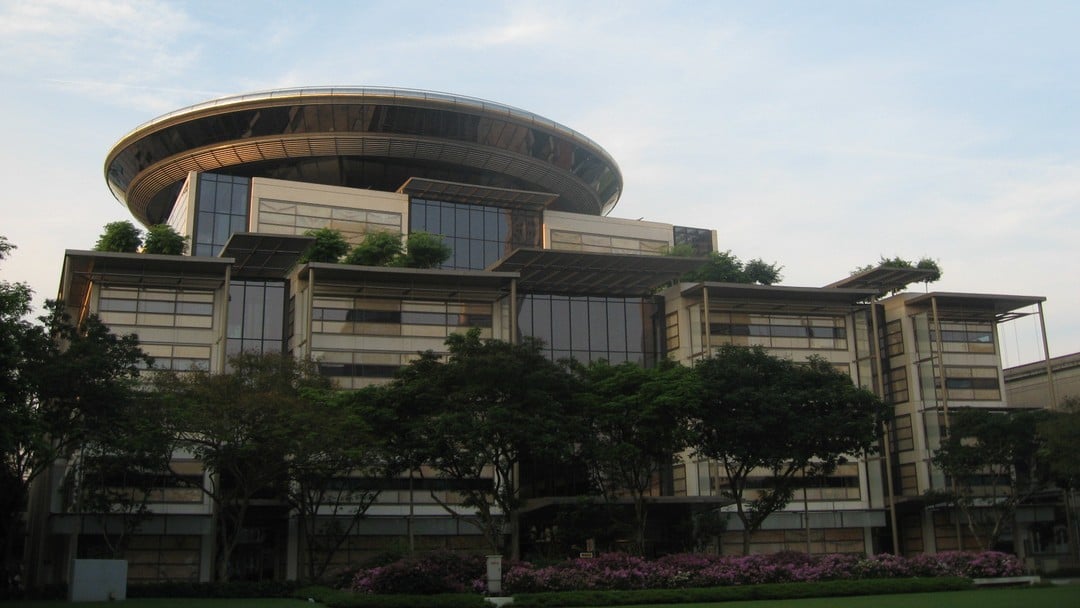GNC Holdings v ONI Global: Singapore court enforces arbitral award despite spoliation claims

Arbitration enforcement case examining natural justice, scope of submission, and spoliation of evidence in franchise dispute.
The Singapore International Commercial Court has substantially upheld enforcement of a final arbitral award in a franchise dispute, rejecting most challenges based on alleged spoliation of evidence and procedural irregularities, whilst making limited modifications to specific performance orders.
The dispute concerned GNC Holdings LLC's termination of franchise agreements with ONI Global Pte Ltd and LAC Global (Singapore) Pte Ltd following deterioration of their relationship. The franchisees had operated 54 retail outlets in Singapore selling health products under the GNC brand. After experiencing financial difficulties and emerging under new ownership, GNC's relationship with its Asian franchisees deteriorated markedly.
In May 2022, the franchisees unilaterally terminated their agreements and rebranded all Singapore stores overnight, believing GNC's conduct amounted to repudiatory breach. The subsequent arbitration in Pittsburgh resulted in a final award substantially favouring GNC, dismissing the franchisees' repudiation claims whilst ordering specific performance of post-termination covenants requiring assignment of store leases and awarding significant damages.
The franchisees challenged enforcement on four grounds: spoliation of evidence constituting fraud on the tribunal and breaching public policy; failure to address critical arguments regarding adverse inferences; allowing unpleaded damages claims; and granting unpleaded specific performance relief.
Spoliation and public policy
The tribunal had made serious findings against GNC's executive Mr Wong, including that he destroyed relevant communications, was uncooperative and untruthful, and that suppressed evidence related to GNC's intentions towards the franchisees in 2020-2021. However, the tribunal drew appropriate adverse inferences whilst declining to dismiss GNC's claims entirely, finding insufficient basis to conclude destroyed evidence would have altered the outcome.
The court emphasised that where a tribunal has fully addressed spoliation allegations and determined appropriate remedial consequences, courts should exercise extreme caution before reagitating such matters. The international consensus requires showing that fraud could not have been discovered or corrected during arbitration. Here, the tribunal's careful consideration of these serious issues whilst intimately familiar with all evidence precluded relitigation.
Natural justice and scope of submission
The franchisees contended the tribunal failed to address their "critical argument" that adverse inferences should establish GNC planned to operate Singapore stores corporately rather than through a replacement franchisee. The court found this argument was barely made as a separate issue and the tribunal's findings implicitly rejected any such plan.
Regarding post-termination damages, the franchisees argued GNC's post-hearing brief introduced an entirely new unpleaded claim. The court held that whilst GNC elevated an alternative damages scenario to primacy, this remained within the pleaded case and expert evidence filed in memorial style. The franchisees' failure to seek reopening of the hearing, renewed disclosure applications, or further cross-examination after the post-hearing brief undermined claims of procedural unfairness.
Specific performance orders
The court partially upheld challenges to detailed specific performance orders, finding certain provisions requiring twice-weekly reporting to GNC and permitting franchisees to pursue breach claims were made without opportunity for submission. These specific obligations went beyond what was necessary and risked unnecessary supervision. However, the remaining provisions fell within the tribunal's equitable jurisdiction to fashion practical orders enforcing the assignment obligation.
The judgement reinforces that arbitral tribunals possess broad discretion in crafting equitable relief within their submission, whilst courts will intervene narrowly where specific orders lack procedural fairness or exceed jurisdictional bounds.
